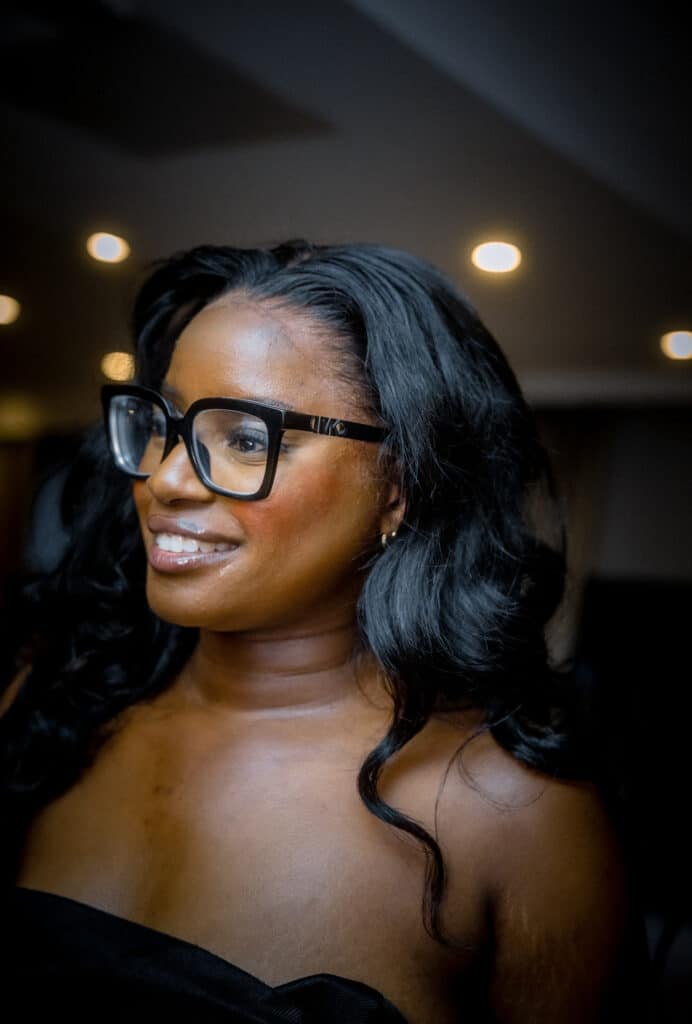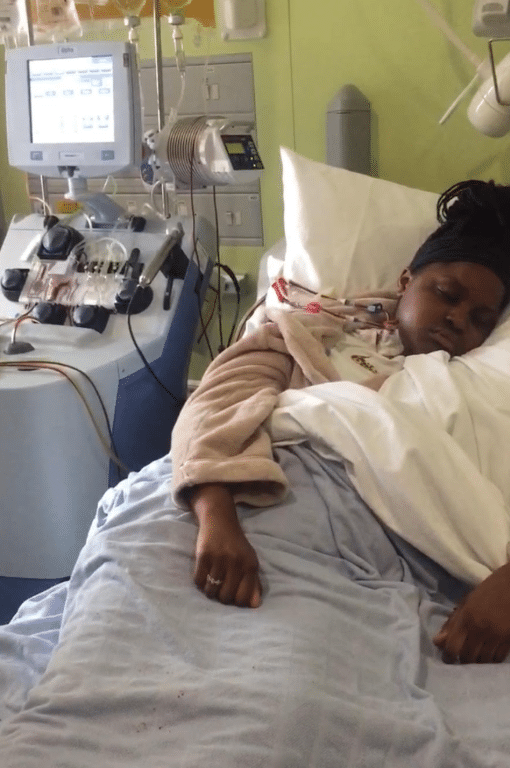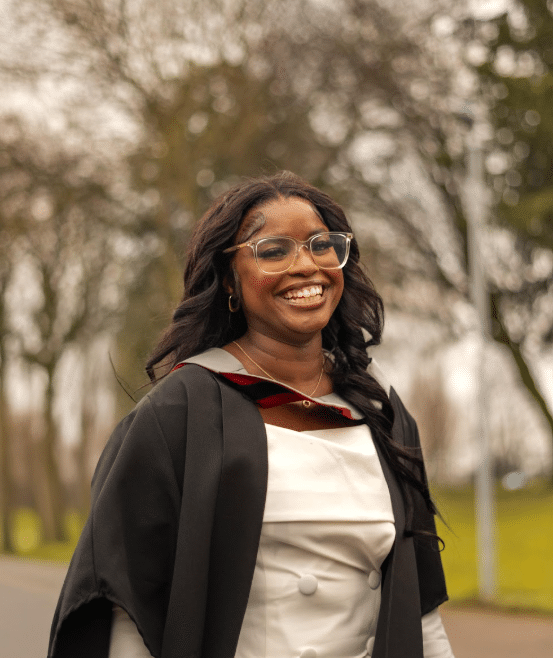
Choose Your Language:
Posted by: The Sumaira Foundation in NMOSD, Patient, Voices of NMO

My journey began in 2013 when I was 11 years old. I was experiencing severe symptoms of neuromyelitis optica spectrum disorder, but I wasn’t diagnosed for a number of years.
Vulnerable, oblivious, and constantly concerned, I battled with nausea, fatigue, and cyclical vomiting. My test results never showed any sign of NMO. The state of my health made it hard to figure out what was actually wrong. I faced the same problem every year, for 2 to 3 weeks at a time.
Being unable to eat or even hold down water, things started to become really difficult. Doctors struggled to find a reason—was it bullying? Anorexia? Mental health issues?
Every year, things got worse. The symptoms became more aggressive and harder to deal with. It affected my education too—being pulled out of school, constantly going to appointments, doing test after test, and even being accuised of lying.

In 2016, I had one of the worst episodes, which I now know was a relapse. The vomiting, fatigue, and nausea were back. But this time, I lost my balance. My head was always spinning, I couldn’t see straight, and I felt lightheaded all the time. Doctors still couldn’t find the cause, but they performed a vertigo procedure to move air particles around in my ear—and eventually I started to feel a bit more like myself again.
That same year, because no one had answers and the physical symptoms didn’t show up on tests, I was referred for long-term CBT. They believed stress might have been triggering the relapses or worsening the symptoms. Stress was definitely a factor—at times it made everything feel heavier and more intense—but it wasn’t the root cause.
But it didn’t stop there.
In November 2017, I woke up with the worst migraine. Still, I got ready and went to school. While I was waiting for my class, I felt the most intense, shooting pain at the back of my eyes. It felt like my eyes were being pulled from the inside. It was excruciating. Blinking hurt. My head felt like it had been hit with a brick.
I called my mum. We went to the GP and I was prescribed migraine tablets, but it was so much more than a migraine—my vision was fading and I could barely keep my eyes open. We rushed to the emergency eye clinic, and the ophthalmologist said, “Your eyes are healthy.” That didn’t make sense—because by then, I could hardly see. Still in pain, we went to A&E and waited all night. A doctor booked me in for an MRI. The following week, I had the scan, and the results showed inflammation of the optic nerve.
From November 2017 to February 2018, I pushed through, trying to prepare for my GCSEs, even while my eyesight kept getting worse.
Then came April 17th. I had a clinic appointment, and the doctor sat down with me and went through my whole medical history—from birth. As the appointment went on, I started feeling restless and anxious. My mum asked, “What did her last blood test show?” The doctor’s face was filled with fear as he told me I had multiple sclerosis.
Later that evening, my mum got back-to-back phone calls from a neurologist. The tone was serious—urgent. We were told to come to the hospital immediately. I had been misdiagnosed. I didn’t have MS. I had NMOSD.
Then in November 2018, I was started on a clinical trial, which is now known as satralizumab. That’s when things finally started to shift. I now self-administer this treatment and since then, I haven’t had a relapse in a long while. It’s helped me regain a sense of control I thought I’d lost.
I was admitted to Great Ormond Street Hospital, where I had more tests, scans, and began treatment to try to save my vision and stop things from progressing. I went through IVIG, steroids, mycophenolate mofetil, melatonin—and even plasma exchange. But nothing was changing.

It’s been a blessing that God has given me—to have strength and hope after such a long process of healing, mentally as much as physically. It hasn’t stopped me from pushing to finish my education. I completed my GCSEs, completed a diploma at college, and graduated with a Bachelor’s degree in Marketing this year.
NMO still brings its challenges. Every day I deal with symptoms like fatigue, brain fog, and vision loss—I’m now visually impaired. But my faith has carried me through, and it’s helped me understand that there’s a deeper purpose behind this story.
I’m able to do more than I ever thought I could on the day I was told my life would change.
And even though it has, there is still purpose and there is still hope for a future not just for me but for you too.